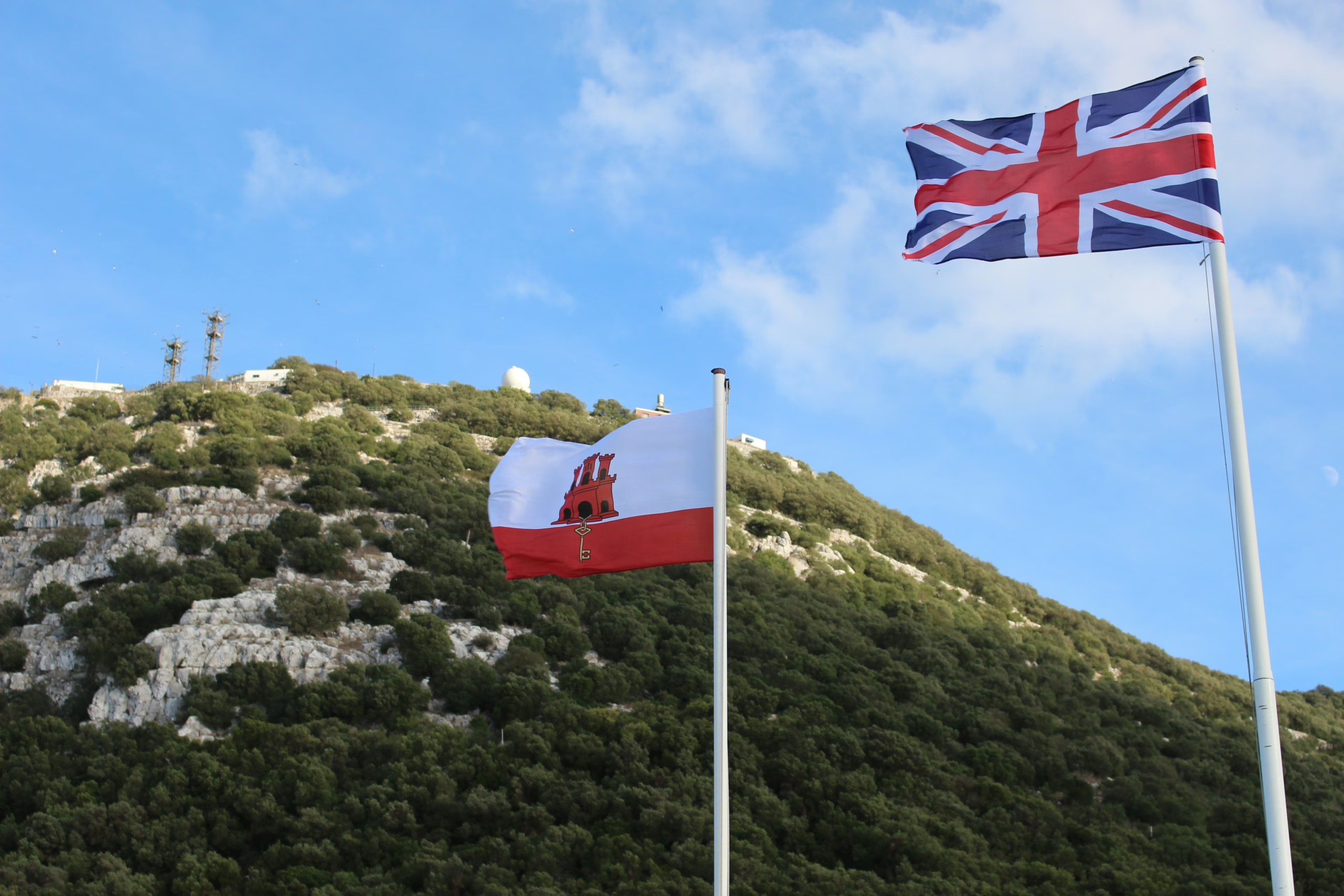A landmark agreement between the UK, Spain, and the EU, signed in June 2025, has scrapped border controls between Gibraltar and Spain, granting Gibraltar de facto Schengen Area status. Under the deal, Spanish or EU border guards will oversee checks at the frontier, with British citizens now required to present passports to foreign officials when entering the territory. The move has unleashed a firestorm of controversy, with critics accusing the UK of betraying Gibraltar to cosy up to the EU, risking a repeat of the Chagos Islands sovereignty handover. Could ceding border control fuel Spanish illusions of ownership, planting the seeds for future conflict? As a linchpin of British military strategy, what does this mean for Gibraltar’s future?
Gibraltar, a 6.8-square-kilometre British Overseas Territory at the southern tip of the Iberian Peninsula, has been a flashpoint of Anglo-Spanish tension since Spain ceded it to Britain under the 1713 Treaty of Utrecht. Known as the “Key to the Mediterranean,” it guards the Strait of Gibraltar, a vital chokepoint linking the Atlantic and Mediterranean, handling 10% of global maritime trade and military traffic. Home to the Royal Navy’s Gibraltar Squadron and RAF facilities, it serves as a critical NATO outpost for intelligence, rapid deployment, and logistics. During the Cold War, it monitored Soviet fleets; today, it bolsters counter-terrorism, anti-piracy, and Mediterranean migration operations. A 2023 UK Ministry of Defence report noted the base supports some 60 warship visits annually, underscoring its enduring strategic clout. Spain’s repeated bids to reclaim Gibraltar—from diplomatic spats between 1714 and 1727, to the 1779-1783 Great Siege, and Franco’s 1969 border closure until 1985—have all failed. Gibraltarians overwhelmingly rejected Spanish rule in referendums in 1967 (99.64% against) and 2002 (98.97% for remaining British), cementing their loyalty to the UK.
Post-Brexit, Gibraltar’s border with Spain—vital for its 34,000 residents and thousands of cross-border Spanish workers—became a diplomatic quagmire. After four years of talks, the new deal allows free movement, boosting the economy. But handing border control to Spanish or EU guards has sparked outrage, branded a “de facto surrender” of sovereignty. Critics warn it could embolden Spain to believe Gibraltar is within its grasp, risking future clashes. In 2013, Spain tightened border checks over a fishing dispute, causing hours-long delays, and harassed British naval vessels in Gibraltarian waters, proving the border’s potential as a flashpoint. If Spain misreads this concession as a step towards sovereignty, it could stoke tensions over borders, fishing, or military access.
The deal draws parallels to the Chagos Islands, where the UK, in October 2024, agreed to transfer sovereignty to Mauritius, finalised on 22 May 2025, retaining only a 99-year lease on Diego Garcia’s military base. Slammed as a capitulation to international pressure following a 2019 International Court of Justice ruling, it has fuelled fears Gibraltar could be next. Spain’s Foreign Minister in 2016, post-Brexit referendum, vowed to pursue “co-sovereignty” or full control of Gibraltar. Unlike the Chagos Islands, Gibraltar’s resident population and military heft make outright surrender unlikely, but the border deal may weaken Britain’s leverage.
Gibraltar’s Chief Minister, Fabian Picardo, insists the agreement safeguards prosperity without compromising sovereignty or the military base’s operations. Yet, public sentiment is scathing: “Spanish guards policing a British territory? This is a total sell-out! Gibraltar mustn’t become another Chagos!” Others warn: “If Spain thinks Gibraltar’s theirs, they’ll stir trouble at the border or beyond. This is a dangerous precedent.” Tory hardliners have decried the deal as a “betrayal of British interests,” echoing Chagos backlash.
Professor Zhang, an international relations expert, cautions: “The agreement reflects Britain’s post-Brexit need to mend EU ties, but ceding border control risks Spanish misperceptions of a sovereignty breakthrough. Gibraltar’s military value dwarfs the Chagos Islands, making abandonment improbable, but missteps could turn it into a Mediterranean tinderbox.”
The Foreign Office defends the deal, stressing it secures Gibraltar’s economy and safety while upholding sovereignty and military control. Spain hails it as a “key step” towards reclaiming Gibraltar. With Gibraltarians fiercely pro-British, as shown in referendums, the border concession could erode trust and give Spain leverage. As Britain balances open borders, military might, and sovereignty, Gibraltar’s future hangs in the balance.
Discover more from “Bridging Hongkongers. Reporting Truth.”
Subscribe to get the latest posts sent to your email.




